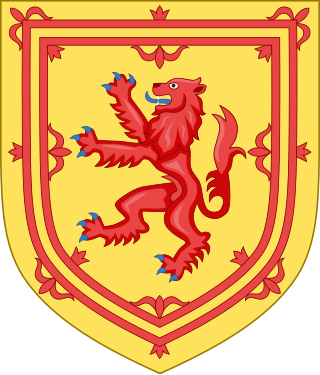Following is a (currently incomplete) list of past United Kingdom MPs in alphabetical order.

The Parliament of the United Kingdom is the supreme legislative body of the United Kingdom, and may also legislate for the Crown Dependencies and the British Overseas Territories. It meets at the Palace of Westminster, London. It possesses legislative supremacy and thereby ultimate power over all other political bodies in the UK and the overseas territories. Parliament is bicameral but has three parts, consisting of the sovereign (King-in-Parliament), the House of Lords, and the House of Commons. In theory, power is officially vested in the King-in-Parliament. However, the Crown normally acts on the advice of the prime minister, and the powers of the House of Lords are limited to only delaying legislation; thus power is de facto vested in the House of Commons.

The politics of the United Kingdom functions within a constitutional monarchy where executive power is delegated by legislation and social conventions to a unitary parliamentary democracy. From this a hereditary monarch, currently Charles III, serves as head of state while the Prime Minister of the United Kingdom, Rishi Sunak, serves as the elected head of government.

The politics of Scotland operate within the constitution of the United Kingdom, of which Scotland is a constituent country. Scotland is a democracy, being represented in both the Scottish Parliament and the Parliament of the United Kingdom since the Scotland Act 1998. Most executive power is exercised by the Scottish Government, led by the First Minister of Scotland, the head of government in a multi-party system. The judiciary of Scotland, dealing with Scots law, is independent of the legislature and the executive. Scots law is primarily determined by the Scottish Parliament. The Scottish Government shares some executive powers with the Government of the United Kingdom's Scotland Office, a British government department led by the Secretary of State for Scotland.

In the United Kingdom, a Member of Parliament (MP) is an individual elected to serve in the House of Commons of the Parliament of the United Kingdom.
Mid Antrim was a UK Parliament constituency in Ireland which returned one Member of Parliament from 1885 to 1922, using the first past the post electoral system.
Bromley is a former constituency for the House of Commons of the Parliament of the United Kingdom. The most famous MP was Harold Macmillan, Prime Minister, 1957 to 1963.

The leader of the Labour Party is the highest position within the United Kingdom's Labour Party. The current holder of the position is Keir Starmer, who was elected to the position on 4 April 2020, following his victory in the party's leadership election.
The fifty-fifth Parliament of the United Kingdom was the legislature of the United Kingdom following the 2010 general election of members of parliament (MPs) to the House of Commons. Parliament, which consists of the House of Lords and the elected House of Commons, was convened on 25 May 2010 at the Palace of Westminster by Queen Elizabeth II. It was dissolved on 30 March 2015, being 25 working days ahead of the 2015 general election on 7 May 2015.